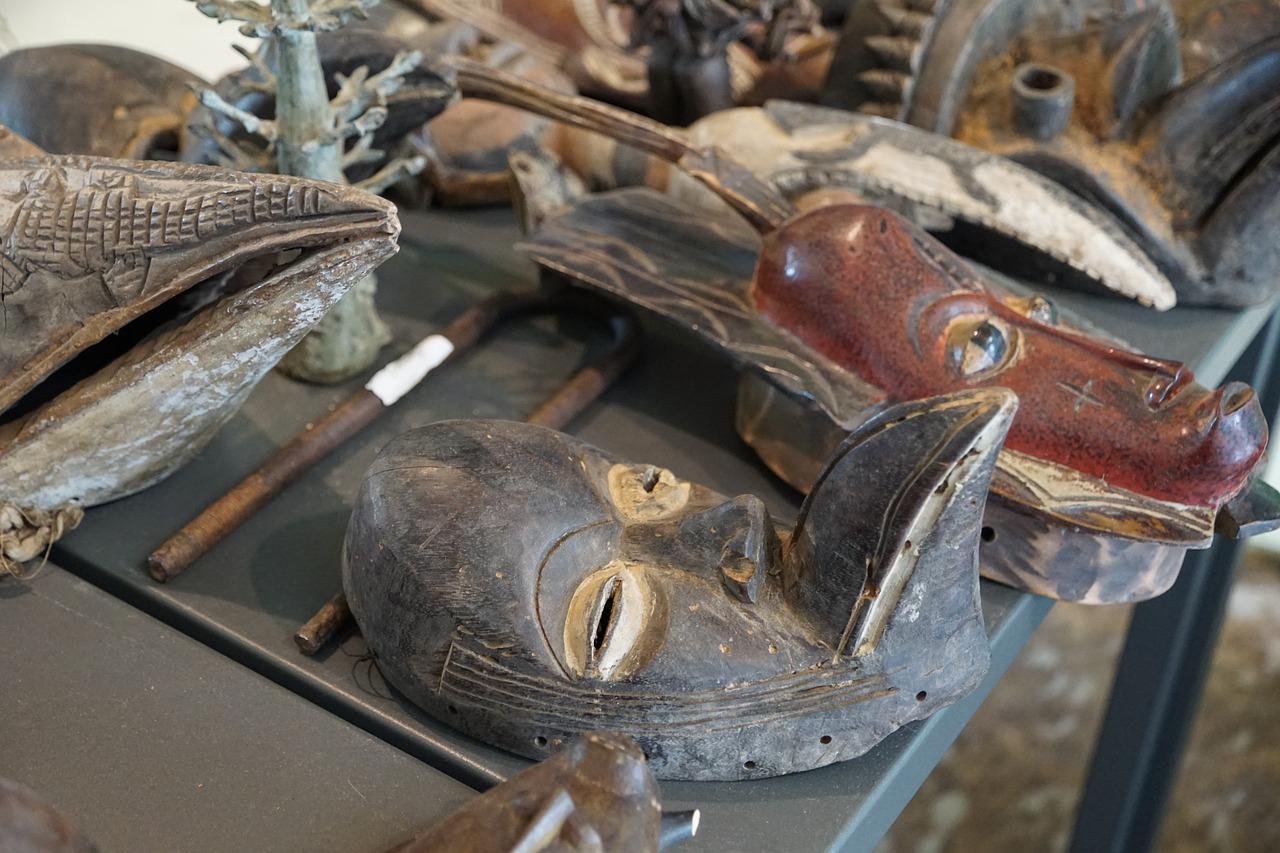To speak of cultural identities is to allude to a set of specific colorings whose valorization should go beyond the framework of traditional borders. As much as we can bring something to others, they can also enrich what we already have.
The tradition as a testimony that a past generation passes on to the next is proof that Africans did not wait for the arrival of Westerners to believe in the existence of an important spiritual world in the lives of men. The oldest pass on to the youngest what they themselves have observed so that these new generations perpetuate this heritage without failing to enrich it and to get rid of all that constitutes an obstacle to the dignity of Men.
Religion and culture
Each people has a culture which is in fact a religion. Teaching your culture to others without immersing yourself in the culture of the other means wanting to impose something on them that they do not want. A religion that wants to export itself or better promote itself must take into account the realities of the context in which it wants to fit in to better stimulate a new dynamic centred, for example, on Christ without, however, despising the local culture.
Also read: Legacy : cultural values in the wake of the pitfalls of modernization
A foreign religion that does not immerse itself in the cultural context in which it finds itself will find it difficult to get its message across. We do not evangelize to reduce the number of Africans and increase the number of Christians. We evangelize in order to have children of God who live in harmony with their culture and that of others. One cannot, for example, in the name of modernity, exclude a customary court in favour of a civil court. Even less order an African to celebrate only Christian funerals. The fact of had given our life to Christ does not give us the right to demonize others.

